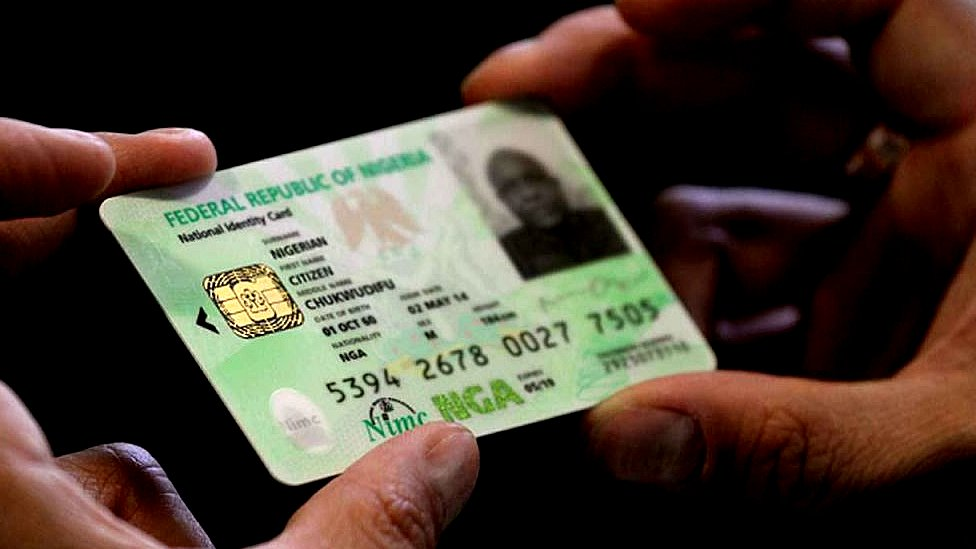Nigeria’s presidency has outlined ten significant policies that the Bola Tinubu administration plans to implement in 2025, with a particular emphasis on boosting the country’s identification system, financial inclusion, and economic growth.
One of the most anticipated initiatives is the rollout of the new multipurpose national identity card, which will be launched by the National Identity Management Commission (NIMC). Powered by AFRIGO, the card will offer payment solutions, help enhance financial inclusion, and provide access to government services.
Other key policies highlighted in the President’s policy outlook include:

- National Youth CONFAB: Scheduled to begin in the first quarter of 2025, this conference will strengthen the bond between Nigeria’s youth and leadership, with modalities for selecting representatives to be announced by the Ministry of Youth.
- National Credit Guarantee Company: Set to launch by the second quarter of 2025, this company will improve access to credit for individuals and sectors critical to Nigeria’s economic development.
- Tax Reform Bills Implementation: The implementation of tax reforms, once passed by the National Assembly, aims to enhance Nigeria’s tax collection, combat poverty, and stimulate economic growth.
- Consumer Credit Scheme Phase 2: Building on the success of the first phase, the second phase will extend benefits to the general public, driving industrialization and improving living standards.
- Special Agro Processing Zones/Green Imperative: These initiatives aim to boost food production and agricultural development through large farming clusters and access to mechanized farming services for grassroots farmers.
- Full Implementation of Local Government Autonomy: The Supreme Court’s ruling on local government autonomy will be fully implemented to enhance grassroots governance by sending allocations directly to local governments.
- National Livestock Program: This initiative, launched alongside the new Ministry of Livestock, aims to boost the livestock sector, reduce farmer-herder conflicts, and contribute to Nigeria’s economic growth.
- Renewed Hope Creative Villages: The establishment of creative villages in each state will promote the arts, preserve historical sites, and create jobs in the creative industry.
- Infrastructure Commissioning: The government will commission several major infrastructure projects, including the Lagos-Calabar Highway, bus terminals in Abuja, the AKK gas pipeline, and power plants in various regions.
These policies reflect the government’s focus on enhancing economic development, governance, and service delivery at the grassroots level in 2025.


